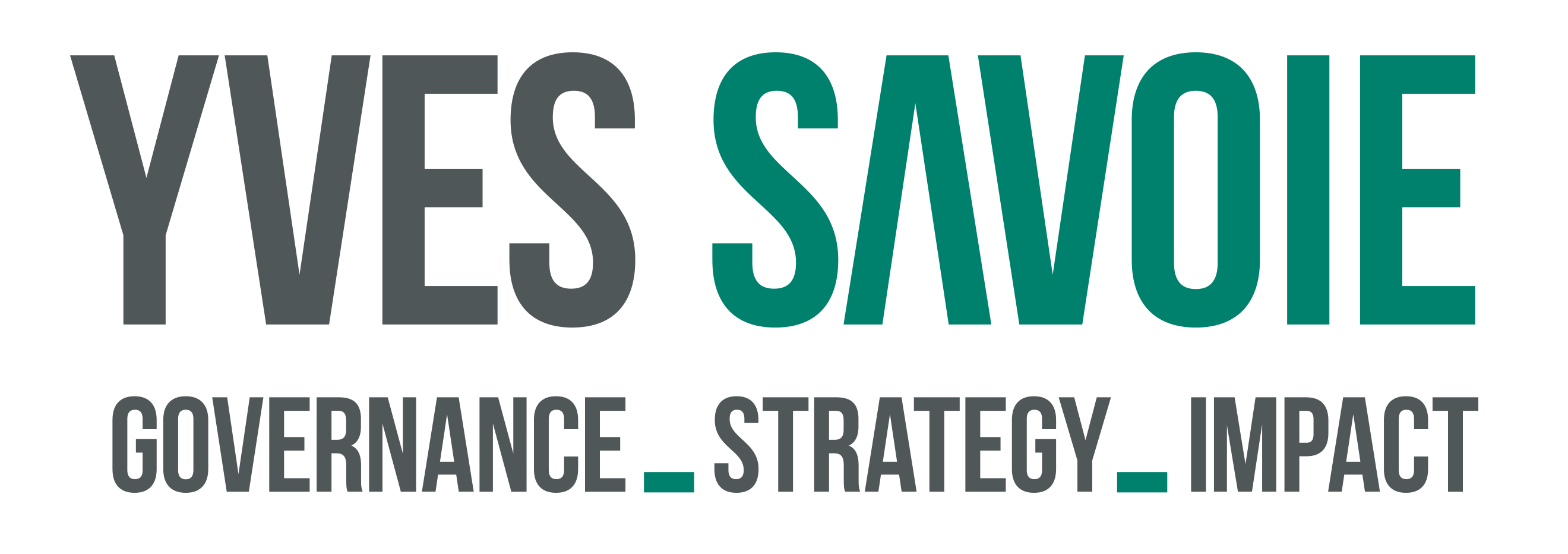impact
It takes humility
Impact assessment is about learning and purpose
Everyone is talking about impacts today. We talk of delivering impacts. We (attempt to) measure the impact of our work to address complex problems often without the resources to do so patiently over time. We publish Impact Reports. At times, we confound impacts and near-term outputs or outcomes. And, funders increasingly tie their funding to impacts. The rise of social finance embeds measurement of impacts in its funding model introducing the risk that charities could shift focus to those problems which involve proximate solutions. To be sure, the conversation about impacts is relatively young and few have mastered its complex reality.
Charities and non-profit most often don’t work alone. They embrace work in loose coalitions, build formal collaborations, and often work as agents of governments. At times, they may work in opposition to each other when they address controversial issues from different perspectives. This complex landscape often renders causal attribution impossible.
Read more
I have always approached the business of measuring the impact of the work of charities on complex, multivariate problems with humility. The value of impact measurement is in learning and how learning is harnessed to improve effectiveness, to drive one’s purpose. This is the power of impact.
Measuring the impact of the nonprofit sector on society is probably impossible but possibly useful.
DiMaggio, P.J. (2002)
Measuring the Impact of the Nonprofit Sector
Like Paul DiMaggio quoted above, I like to focus on the possible usefulness of attempts to measure impact.
Charities play a vital role where the marketplace and governments often fail. Unlike the private sector, charities deliver goods and services which resemble public goods where consumption by one person does not diminish the available supply to another and where no one can be excluded from consumption. The private sector – and I insist on the word private here – focuses on the delivery of goods and services where the benefit can be captured privately. This makes it infinitely easier to measure the success of private sector firms.
Unlike governments which have clear periodic accountability to the voting public, charities have more complex and potentially conflicting accountabilities to members and beneficiaries, donors, volunteers and staff.
This fundamental reality about the intersecting roles of various sectors in our society is often omitted in considering the question of impact delivered by the nonprofit sector.
I have had the privilege to have a front row seat to witness Yves’ leadership and have grown as a leader thanks to his mentorship. Yves thinks strategically and knows how to empower those around him to drive impact. As I continue my leadership journey, if I can be a percentage of the leader and mentor Yves has been, I will consider that a half check mark!
Does Declining Trust fuel impatience about Impact?
How to Reclaim a Conversation
Trust in our institutions and its leaders has declined over the years. Edelman and others have been tracking this across sectors and countries for many years. While trust in charities and charitable leaders remains higher than for other sectors, the trend is worrying. No doubt, our confidence in leaders has eroded as social media turbocharged a revolution in fake news and misinformation while providing fuel to uncensored extreme and hurtful viewpoints. As citizens and consumers, we have become more accustomed to instant gratification and are quickly growing impatient.
Could the growing pressures for nonprofits and charities to demonstrate impact be related to these broad changes in terms of the public’s expectations of charities and their leaders? I would argue that this is indeed the case. And, there is a risk that this impatience and this diminished trust can pervert conversations about impact.
I am an advocate for the important work of assessing impact and for applying what we learn from those efforts to improve our effectiveness. But charities and nonprofit leaders must reclaim leadership in the conversation about impact measurement so that it is done with humility and in service of purpose. Thinking that Works.

How Clarity of Impact Fuels Revenue Generation
From Milestone-Based Gift Agreements to Social Finance
I bring a vital outside perspective to help organizations link the learning that grows from good thinking about impact to the tasks of building public confidence and generating revenues. And I coach teams to build bridges between impact and strategy.
My approach is designed to build the capacity of organization to embed impact in program development and to build the capacity to measure effectiveness in operations and at the strategic level when impacts can be gleaned. This requires working closely with key staff and volunteers and developing tailored approaches that suit each organization. Engagements can be tied to the important periodic opportunities for comprehensive strategy renewal or be specific to the challenge of building a strategic performance scorecard of operational KPIs.
My own experience is in driving a focus on impact from the strategic level down into operations in large national organizations. As a major gift fundraiser, I have learned a great deal about the expectations of philanthropists to support efforts driven by purpose and made rigorous by a focus on results.
MY EXPERTISE
Helping organizations propel impact through highly tailored services

Design of strategic performance monitoring frameworks
Design of frameworks for Key Performance Indicators
Visioning
Strategy planning process design
Polling and evaluation design
Board effectiveness and peer-to-peer evaluations
CEO performance management process design
